Breast Cancer: Risk Assessment, Treatment and New Developments
Cancer risk prediction models provide an important approach to assess risk and susceptibility by identifying individuals at high risk, facilitating the design and planning of clinical chemoprevention trials, and allowing the evaluation of interventions. Conventional breast cancer risk model includes the cumulative estrogen exposure data such as age, age at menarche and menopause, age at first live birth, and use of HRT in risk calculation, since estrogens are the main risk factor for mammary carcinogenesis. The most widely known and commonly used model for breast cancer risk assessment is the Gail model, which focuses primarily on non-genetic risk factors, with limited information on family history. The first chapter of this book examines breast cancer risk assessment models. The following chapters discuss the association between obesity and breast cancer development; current and future standards for treatment of breast cancer and long term care of patients; and mastectomies and voluntarism.
{{comment.content}}
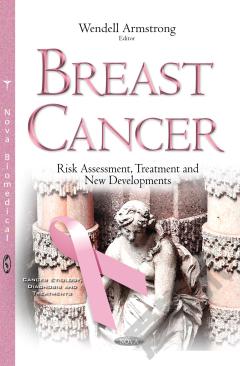
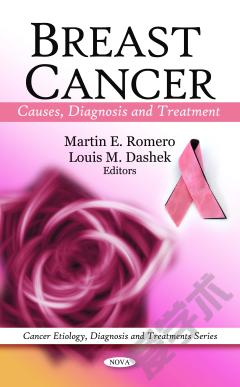
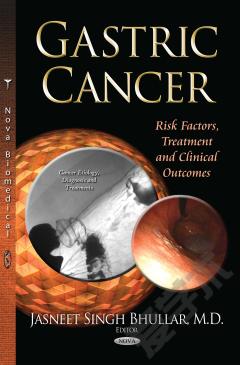
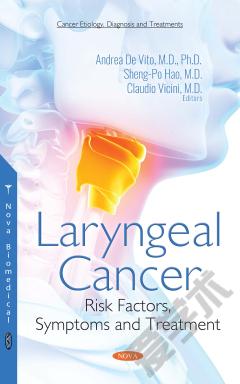
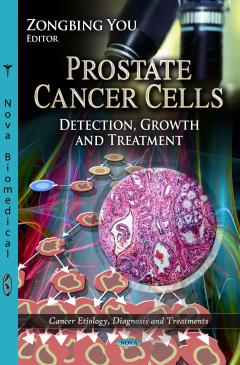

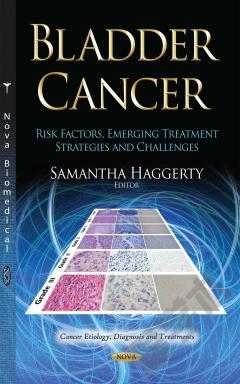

 京公网安备 11010802027623号
京公网安备 11010802027623号